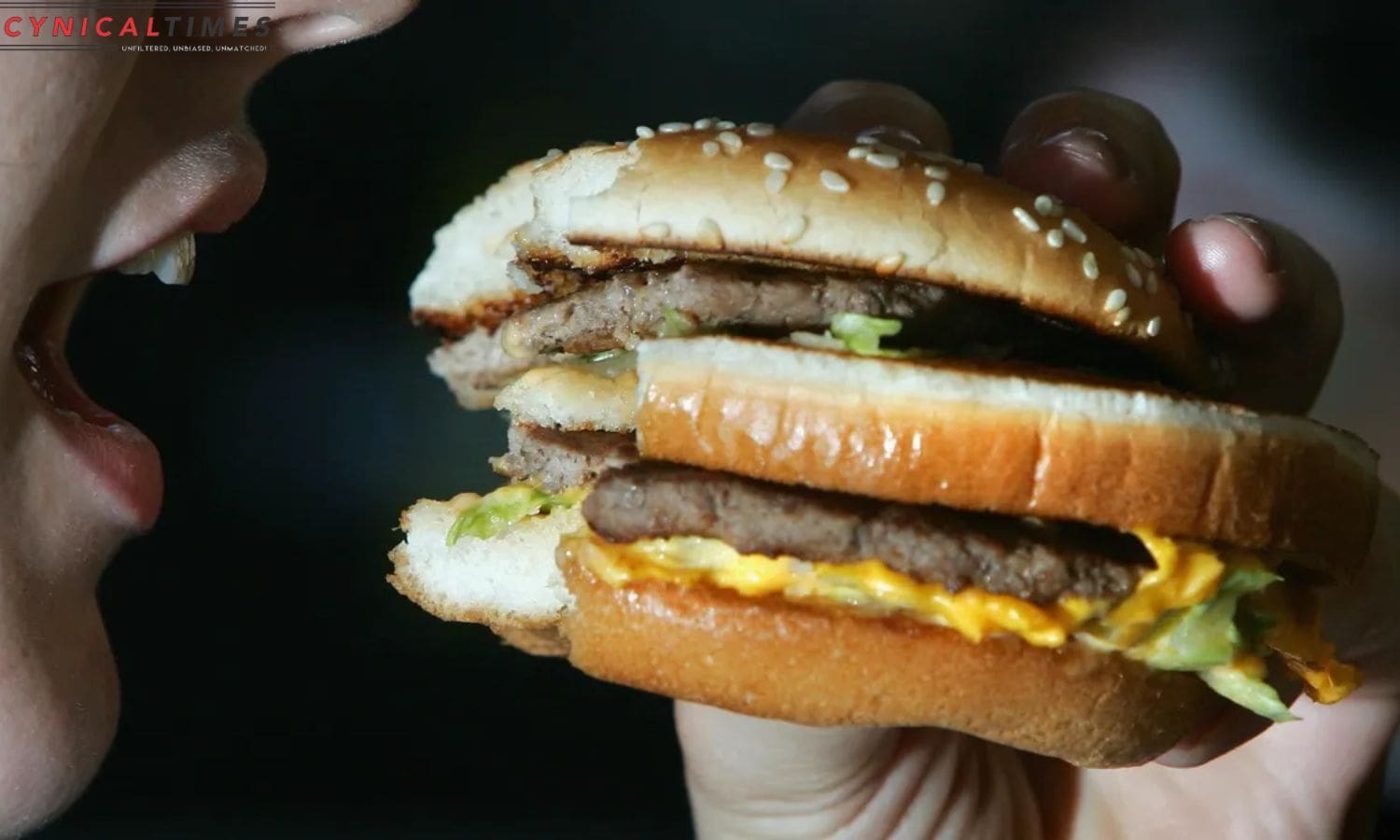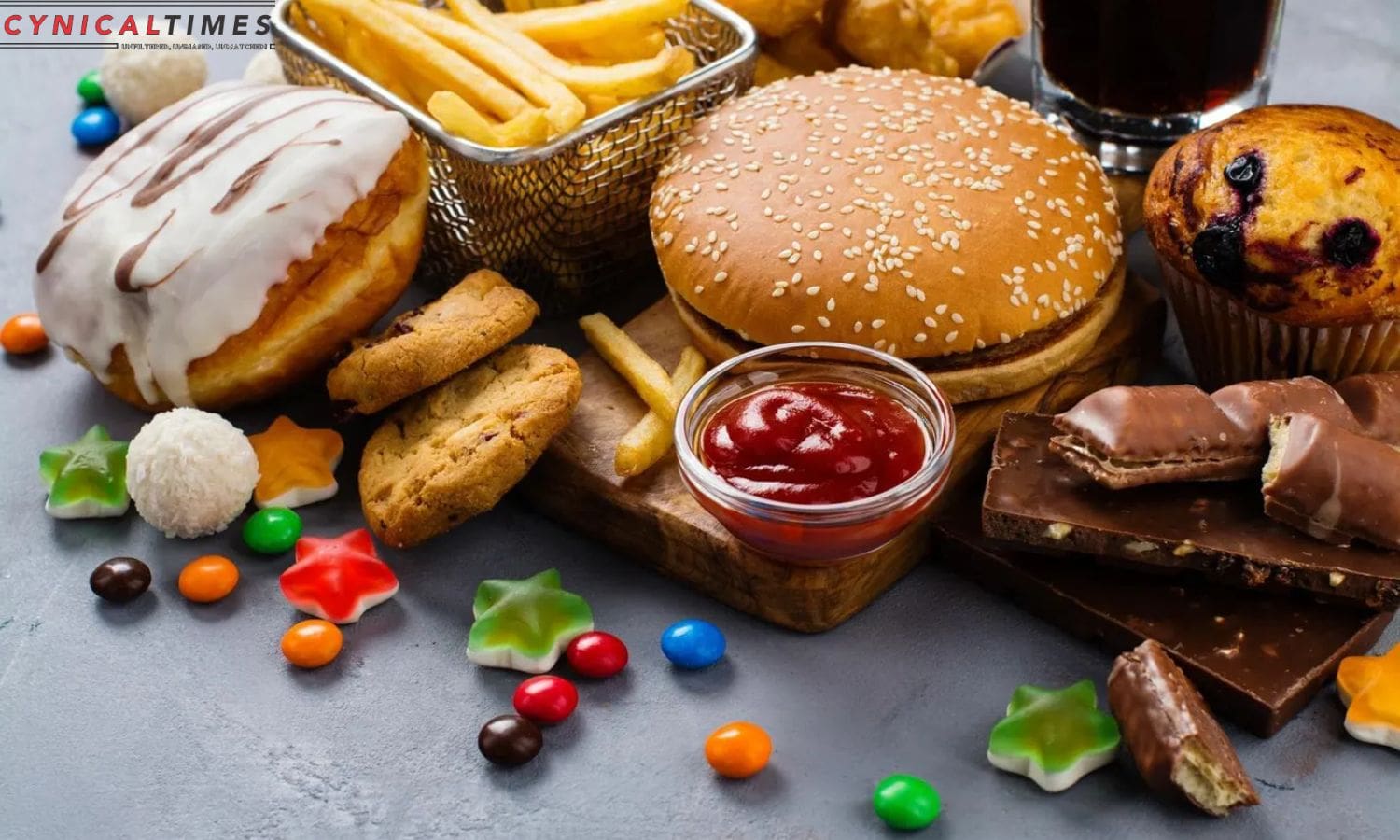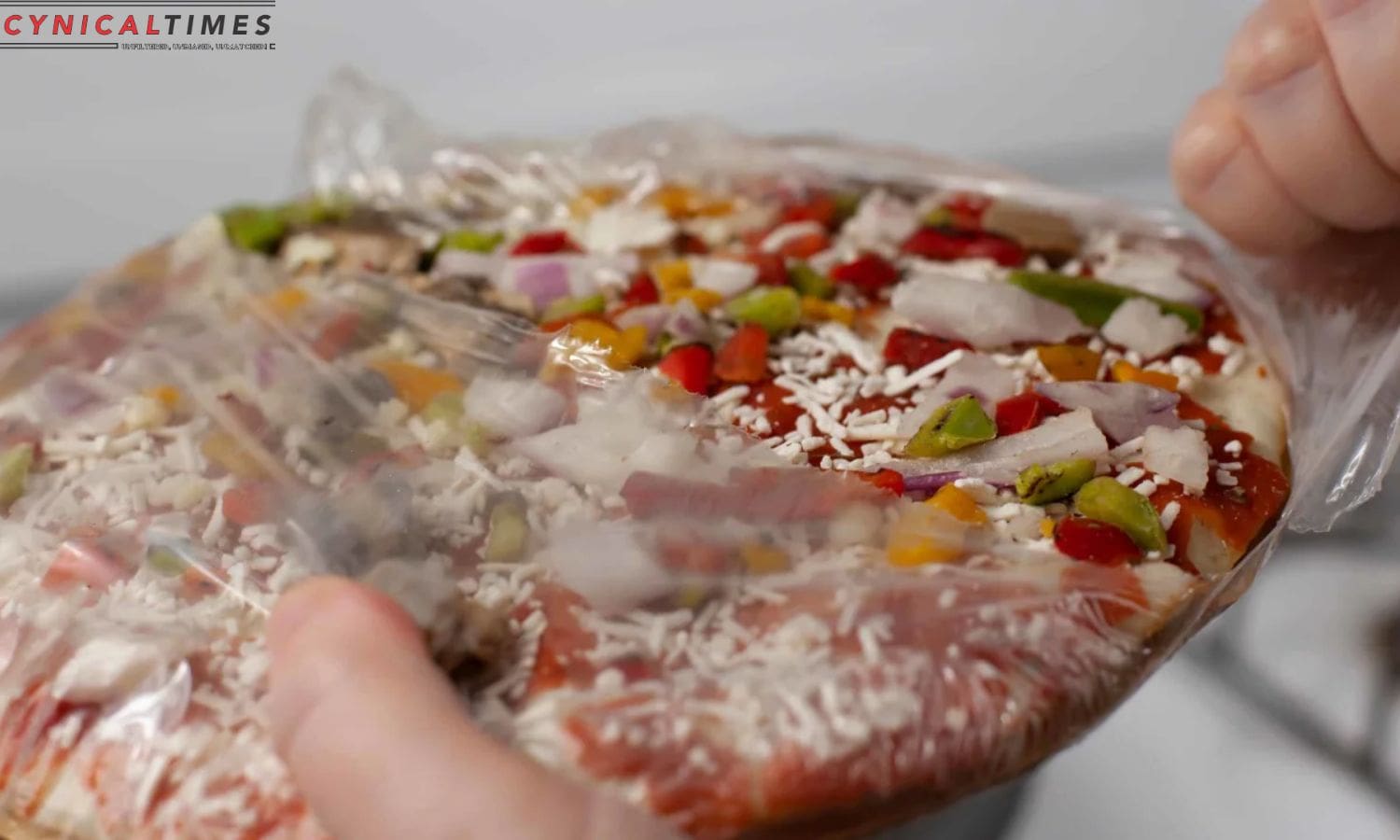Frozen Pies to Fast Food Frenzy: In a staggering trend, children and teens across the United States find their diets increasingly dominated by ultraprocessed foods, accounting for a whopping 67% of their caloric intake. This revelation comes from a meticulous analysis of nearly two decades of dietary data published in the esteemed medical journal JAMA.
Ultraprocessed foods, the culprits behind this dietary shift, encompass a range of convenient yet often nutritionally deficient options such as frozen pizzas, microwave meals, and packaged snacks. This study delved into the eating habits of 33,795 children and adolescents nationwide, revealing a notable increase from 61% in 1999 to the alarming 67% in 2018.
The industrial processing that renders these foods convenient and shelf-stable also alters their nutritional composition, often sacrificing health benefits. While some processed foods like whole grain breads and certain dairy items can offer nutritional value, many ultraprocessed alternatives are laden with excess sugar, salt, and lack essential fiber.
Tufts University nutrition and cancer epidemiologist Fang Fang Zhang said, “The increase in their consumption by children and teenagers is concerning.”
Between 1999 and 2018, the consumption of healthier unprocessed or minimally processed foods dropped from 28.8% to 23.5%. Takeaway and frozen pizza calories increased to 11.2% of total caloric consumption.


Also Read: Listeria Outbreak Shakes Seven States: The Tragic Toll of Contaminated Fruit
The consequences of this shift extend beyond mere dietary preferences. Recent research in the United Kingdom has established a link between higher consumption of ultraprocessed foods during childhood and a higher likelihood of adult obesity. This underscores the importance of childhood as a critical period for shaping long-term health habits.
While the study showcases a positive trend in reduced calorie intake from sugar-sweetened beverages, such as sodas, experts emphasize the need for similar efforts targeting other unhealthy ultraprocessed foods.
Katie Meyer and Lindsey Smith Taillie, University of North Carolina nutrition assistant professors, say, “We need to mobilize the same energy and level of commitment when it comes to other unhealthy ultra-processed foods such as cakes, cookies, doughnuts, and brownies.”


The study also shed light on disparities, with Black, non-Hispanic youths experiencing a more significant increase in ultraprocessed food consumption compared to their White counterparts. The authors call for concerted efforts to address these trends and promote healthier dietary choices among the younger generation. As childhood eating habits lay the foundation for future health, these findings necessitate a collective commitment to creating a food environment conducive to the well-being of the nation’s youth.

